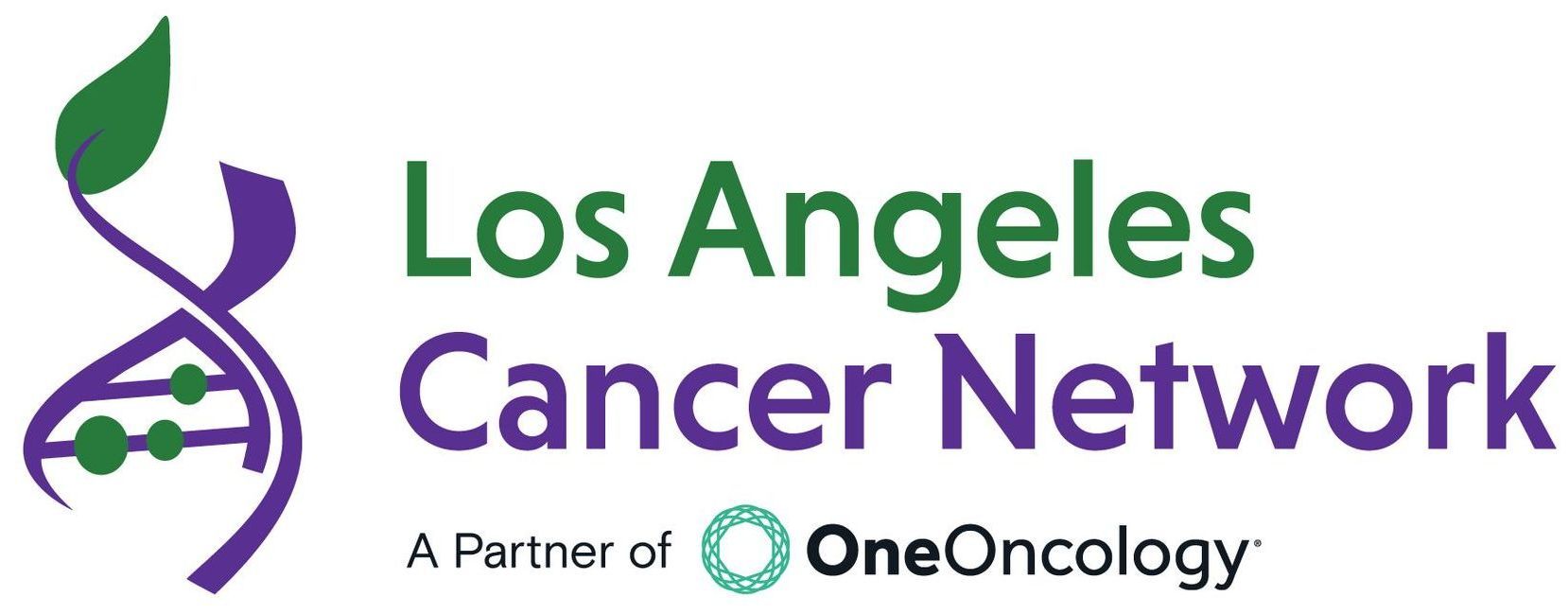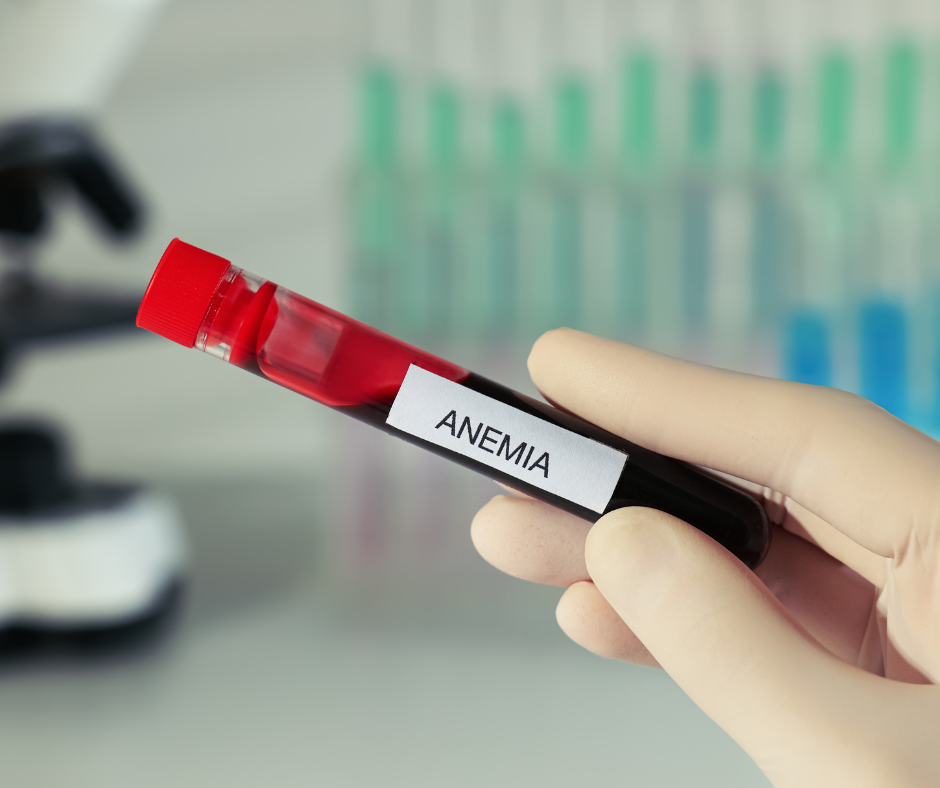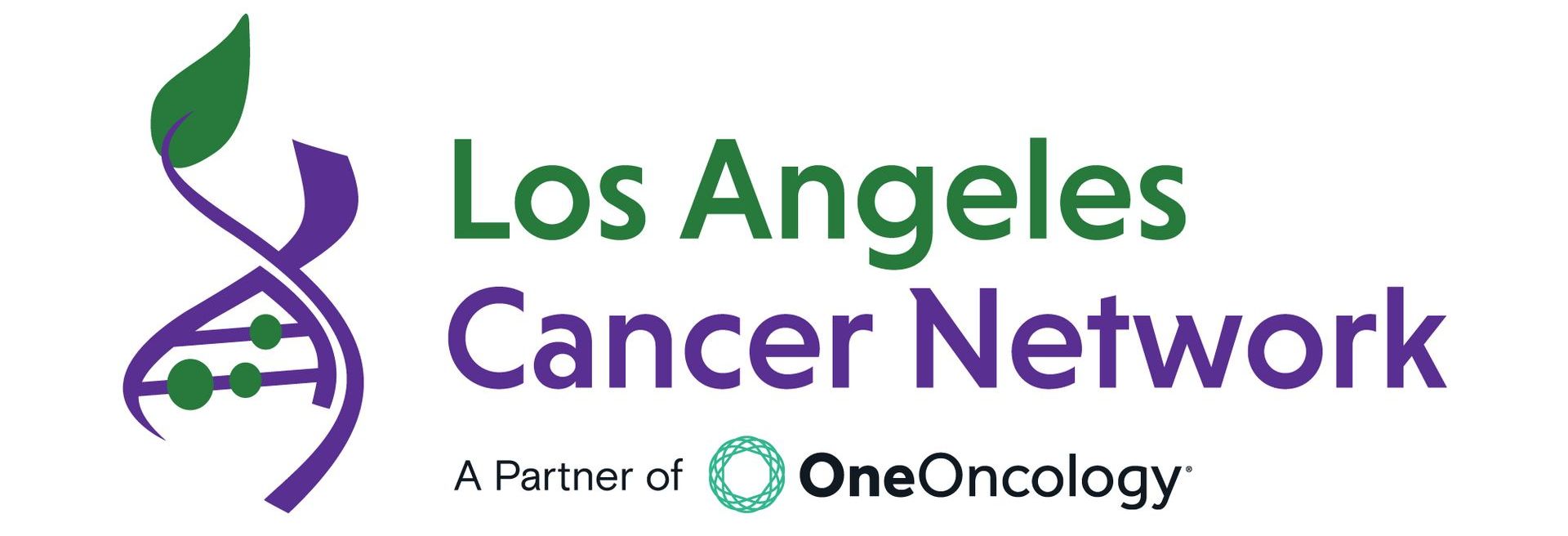What Is the Connection between HPV and Esophageal Cancer?
What Is the Connection between HPV and Esophageal Cancer?

Esophageal cancer, a malignancy of the esophagus, is a formidable global health concern, accounting for around 16,940 cases in the United States annually. While its cause is multifactorial, the link between human papillomavirus (HPV) and esophageal cancer has garnered considerable attention in recent years.
Continue reading to learn more about the intricate relationship between HPV and esophageal cancer and how to prevent it.
Does HPV Cause Esophageal Cancer?
There is growing evidence that HPV may also contribute to other cancers, such as esophageal cancer, besides cervical cancer. While the link between HPV and esophageal cancer is not as well-established as in cervical cancer, there might be a connection between it and the development of certain esophageal malignancies.
Esophageal cancer is a complex disease with multiple risk factors, including tobacco and alcohol use, gastroesophageal reflux disease (GERD), and dietary factors. However, HPV DNA has been found in a significant proportion of esophageal cancer tissues. Those with high rates of esophageal cancer were most likely to have squamous cell carcinoma (SCC), the predominant histological subtype. There is a widespread belief that HPV infection may induce genetic alterations and promote cellular changes that lead to cancer development in the esophagus.
Further research is needed to clarify the role of HPV in esophageal cancer development and to explore potential preventive and therapeutic strategies targeting HPV-associated carcinogenesis in the esophagus.
How Common Does Esophageal Cancer Occur from an HPV Infection?
According to a review of studies, 22.2% of people who develop esophageal cancer have high-risk HPV, a strain of HPV (HPV 16) associated with cancer.
Symptoms of HPV-Positive Esophageal Cancer
HPV-positive esophageal cancer may present with symptoms similar to those of other types of esophageal cancer. The precise symptoms, however, may differ based on the cancer's stage and location. Some common symptoms of esophageal cancer, including HPV-positive cases, may include:
Difficulty Swallowing (Dysphagia)
Difficulty or pain while swallowing is a hallmark symptom of esophageal cancer. This can progress from swallowing solid foods to difficulty swallowing liquids as the cancer advances.
Unintended Weight Loss
Weight loss without dieting or exercise can occur due to difficulty swallowing and decreased food intake due to discomfort.
Pain or Discomfort
Pain or discomfort in the chest, back, or throat can occur as the tumor grows and affects nearby tissues.
Persistent Heartburn or Indigestion
Chronic heartburn or indigestion, especially if it doesn't respond to typical treatments, could be a symptom of esophageal cancer.
Hoarseness or Coughing
Hoarseness, chronic coughing, or coughing up blood may occur if the cancer spreads to nearby structures like the trachea or vocal cords.
Fatigue
Persistent fatigue and weakness can occur due to the body's response to cancer and the metabolic demands of the disease.
It is best to
consult your doctor if you think you might have esophageal cancer so they can make the appropriate diagnosis and offer treatment.
What Are the Treatments for Esophageal Cancer?
Treatment options for esophageal cancer depend on several factors, including the stage of the cancer, the location of the tumor, the overall health of the patient, and their preferences. The main treatments for esophageal cancer include:
Surgery
Surgery is often the preferred treatment for early-stage esophageal cancer. Depending on the tumor’s location and size, the type of surgery will differ. Surgical options may include:
Esophagectomy
Removal of a portion or the entire esophagus.
Lymphadenectomy
Removal of lymph nodes that are nearby to check for the spread of cancer.
Minimally Invasive Surgery
Techniques like laparoscopic or robotic-assisted surgery reduce the invasiveness of the procedure.
Chemotherapy
The purpose of chemotherapy is to destroy cancer cells with medication. It can be used before surgery (neoadjuvant chemotherapy) to shrink the tumor, making it easier to remove, or after surgery (adjuvant chemotherapy) to kill any remaining cancer cells.
Radiation Therapy
High-energy rays destroy cancer cells in radiation therapy. When used alone or in combination with chemotherapy (chemoradiation), it can shrink tumors before surgery or be used to treat advanced esophageal cancer.
Immunotherapy
Sometimes the body’s immune system needs help recognizing and attacking cancer cells—this can be done with immunotherapy drugs. Immunotherapy is a possible treatment option for advanced esophageal cancer when other therapies have failed.
Preventing Esophageal Cancer
To help steer clear of esophageal cancer, try the following tips:
Avoid Tobacco
Smoking and using other tobacco products significantly increase the risk of esophageal cancer. Seek assistance from a professional to stop smoking and stay away from secondhand smoke.
Limit Alcohol Consumption
Excessive alcohol consumption is a known risk factor for esophageal cancer. Having less alcohol, or alcohol in moderation, can therefore help.
Maintain a Healthy Weight
Being overweight or obese increases the risk of esophageal cancer. Eat a balanced diet and exercise regularly to maintain a healthy weight.
Manage Acid Reflux
Chronic acid reflux, also known as gastroesophageal reflux disease (GERD), can lead to Barrett's esophagus, a condition that increases the risk of esophageal cancer. Adjust your lifestyle to reduce acid reflux symptoms, and take prescription drugs as directed by your physician.
Get Vaccinated against HPV
The human papillomavirus (HPV) is a risk factor for some types of esophageal cancer, particularly in the case of squamous cell carcinoma. Getting vaccinated against HPV can reduce the risk of HPV-related cancers, including some types of esophageal cancer.
Regular Exercise
Engage in regular physical activity to maintain a healthy weight and reduce the risk of various cancers, including esophageal cancer.
Undergo Regular Screenings
Depending on your risk factors and family history, your doctor may recommend regular screenings for esophageal cancer. These screenings may include endoscopies or other imaging tests to detect early signs of cancer or precancerous conditions.
Final Thoughts
The correlation between HPV and esophageal cancer sheds light on the complex relationship between viral infections and cancer development. Understanding this association's mechanisms opens avenues for targeted prevention and treatment strategies. With continued research and advocacy, we can empower individuals and healthcare providers to address the rising incidence of HPV-related esophageal cancer.
LA Cancer Network guides in raising awareness and promoting proactive measures against HPV-related cancers like esophageal cancer. Join us in advancing prevention, early detection, and treatment options.
Contact us today for more information.



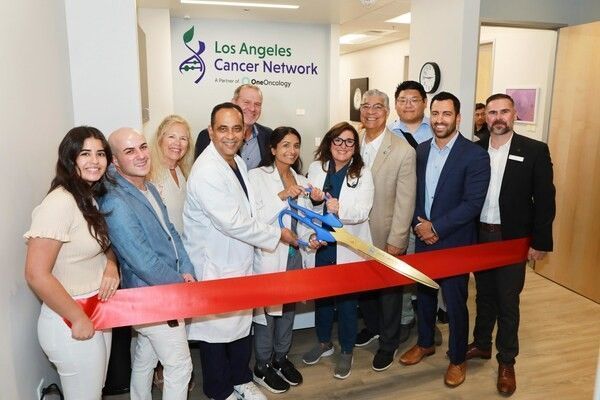
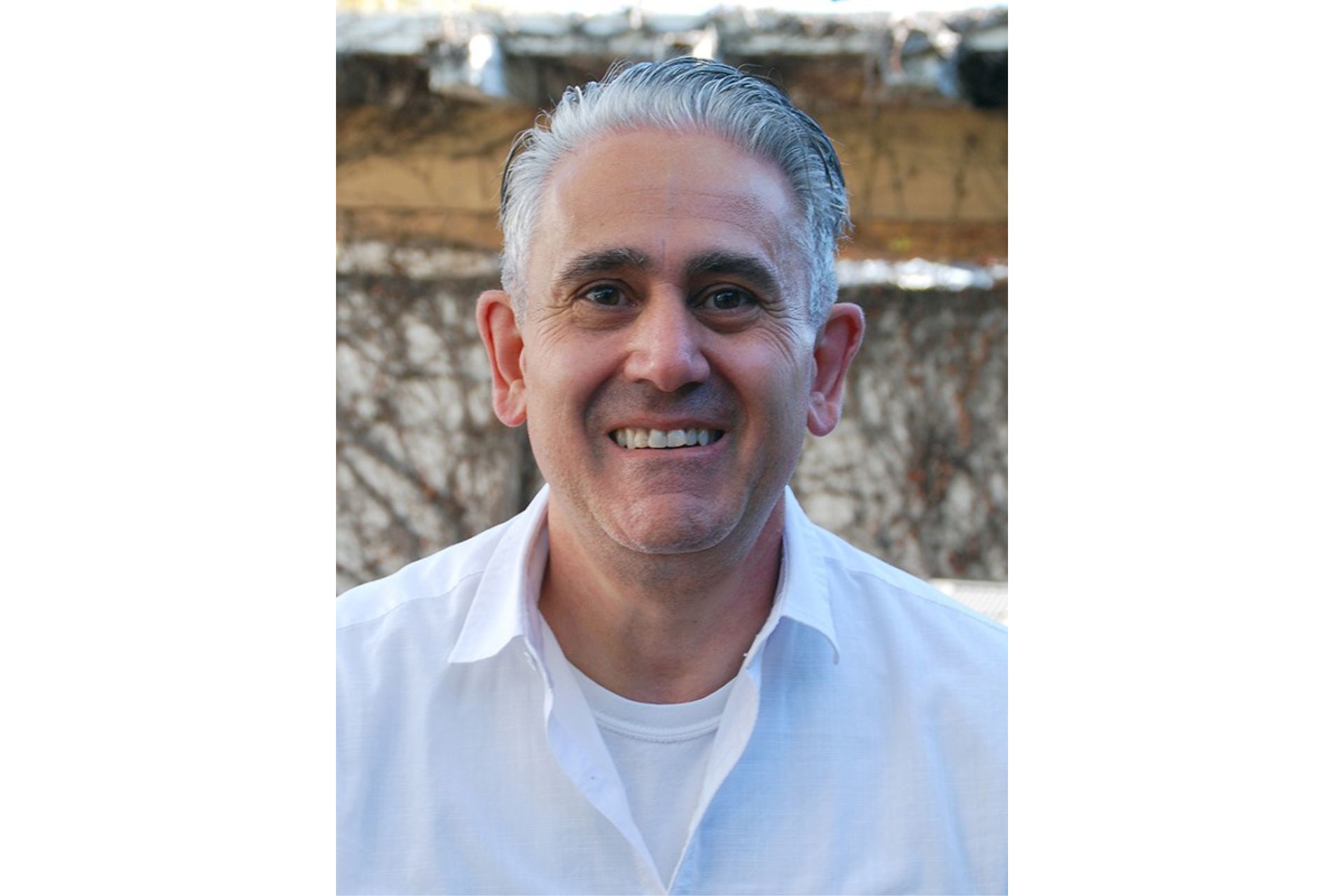
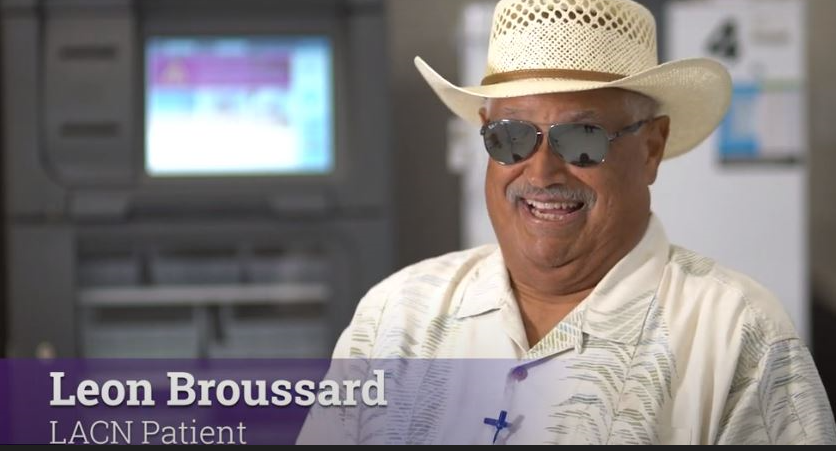
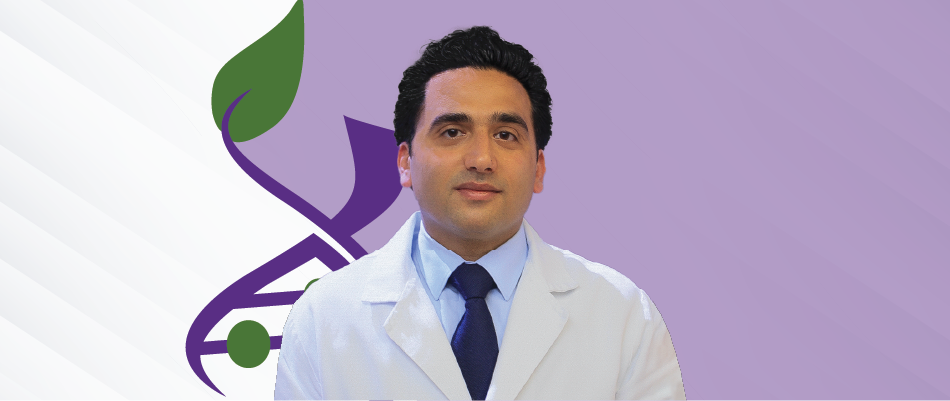
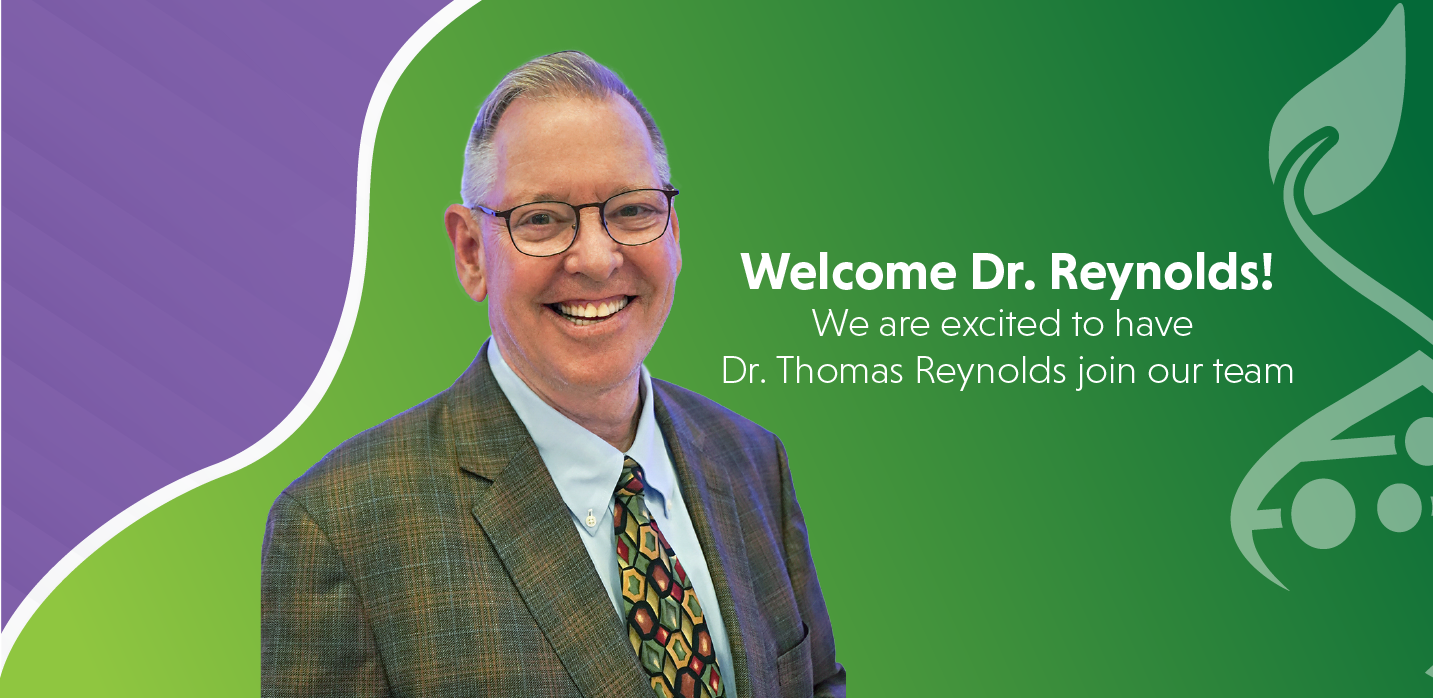
All Rights Reserved | Los Angeles Cancer Network
